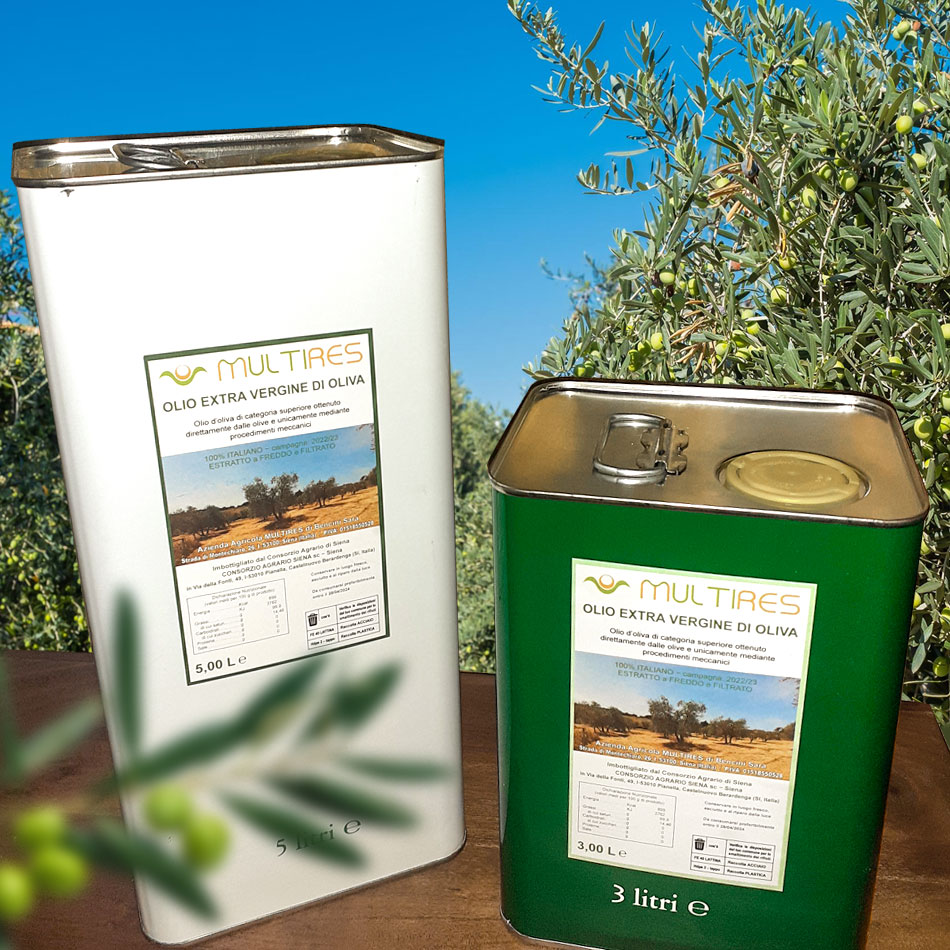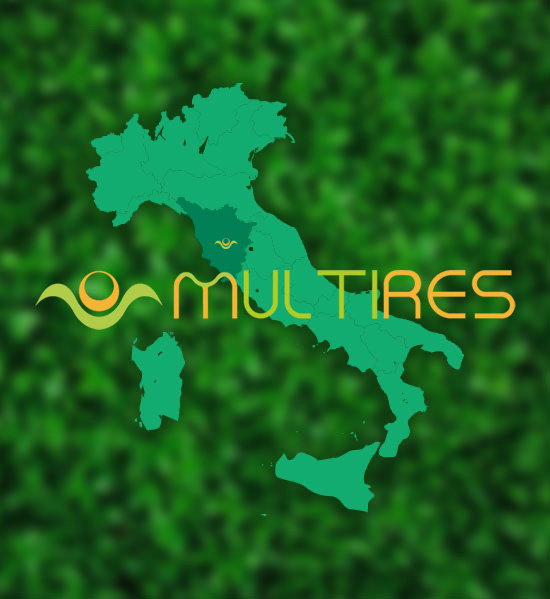Contatti
- info@multires.it
- Strada di Montechiaro 26/A - SIENA (SI)
© Copyright by MULTIRES - CF: BNCSRA78E45I726H - P. IVA: 01518550528 - NUMERO REA: 206047

MULTIRES is only at the beginning of its ‘ambitious’ development path and, of course, the list of services and goods currently provided is very limited. But the idea is to add a few bricks year by year, with the goal in 2030 (i.e., in ten years) of achieving a ‘sustainable business’ based on the consumption of ‘self-produced’ resources and (ecosystem) services and the exchange of the surplus for goods that cannot be self-produced.
Expressed in the context of MULTIRES’ family-based agroforestry system, sustainability, a too often-misused term, is nothing more than achieving and maintaining a long-term balance between (self-)production and consumption of a variety of products.
Sustainability is an approach that favours heterogeneity and quality (rather than uniqueness and quantity) without generating an irreversible and harmful impact on the environment, while at the same time allowing a minimum economic livelihood sufficient to lead a dignified, nature-friendly, and socially active life. To achieve this, MULTIRES will have to implement strategies to mitigate the negative externalities (environmental costs) generated by its production processes and minimise the consumption of non-renewable resources imported from outside.
The rationale is to move closer to self-sufficiency and to become increasingly independent in terms of water, energy, and food supply, thus favouring the achievement of environmental impact neutrality, i.e., a zero or even negative environmental footprint. This can be achieved by increasing the production of regulating and maintaining ecosystem services in order to offset the negative impacts associated with:
.. the unavoidable, although reduced, consumption of fossil fuels (e.g., diesel for agricultural vehicles);
… the products acquired by the company and imported from outside its production boundaries;
… the generation of waste and scraps that cannot be recovered or recycled on site.

Innovation for MULTIRES stems in the idea of supplying, maintaining, enrich, and live with, ecosystem services, collaboratively and consciously generated.
It is more or less clear that every company in the agroforestry sector aiming to safeguard its natural capital produces and provides ecosystem services, consciously or unconsciously.The innovation for MULTIRES, however, lies in their explicit quantification and the way in which ecosystem services are provided: no company in the Siena’s territory has a long-term business model that aims to generate profit from the physical quantification, economic evaluation, and commercial promotion of the entire range of ecosystem services that can be produced from its natural capital.
© Copyright by MULTIRES - CF: BNCSRA78E45I726H - P. IVA: 01518550528 - NUMERO REA: 206047
